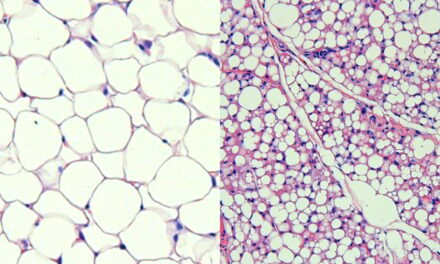In a groundbreaking revelation, a recent nationwide survey has unveiled that approximately 4.9% of children and adolescents in India are affected by impaired kidney function. This finding highlights a significant public health concern that has not been thoroughly documented until now.
Chronic Kidney Disease in the Young
Impaired kidney function, a precursor to chronic kidney disease (CKD), progressively damages the kidneys over several months or years. CKD is a severe health issue that can lead to dire consequences if not managed appropriately. The study underlines the importance of early detection and intervention to prevent the progression of this debilitating condition among the younger population.
Comprehensive National Nutrition Survey Findings
The data, derived from the Comprehensive National Nutrition Survey (CNNS) conducted between 2016 and 2018, covers a sample size of 24,690 children and adolescents aged 5-19 years. Researchers from the All India Institute of Medical Sciences (AIIMS) Bathinda and Vijaypur, in collaboration with The George Institute for Global Health India, spearheaded this study.
Key Predictors and Demographic Insights
According to the survey, 4.9% of the youth population, equating to around 49,000 cases per million, exhibit impaired kidney function. The study identified several key predictors of this condition, including age, rural residence, lower maternal education, and stunting. These factors highlight the multifaceted nature of kidney health and the various social determinants that influence it.
“The prevalence of impaired kidney function is notably higher in males and in rural areas,” stated Prof. Vivekanand Jha, Executive Director of The George Institute for Global Health, India, in a social media post. He emphasized that addressing these predictors is crucial for enhancing child health outcomes.
Regional Disparities
The survey also revealed significant regional disparities in the prevalence of impaired kidney function. Andhra Pradesh reported the highest number of cases, followed by Telangana and West Bengal. In contrast, the prevalence was lowest in Tamil Nadu, Chhattisgarh, Rajasthan, and Kerala. These findings suggest a need for region-specific health strategies and interventions.
Urgent Call for Action
“The high prevalence of impaired kidney function among Indian children and adolescents underscores the urgent need for targeted interventions and policies to address this growing public health issue,” urged Prof. Vivekanand Jha. He called for prioritizing pediatric kidney health in national health agendas to mitigate this escalating concern.
Moving Forward
This study serves as a crucial reminder of the silent yet significant burden of kidney disease among India’s youth. It calls for concerted efforts from healthcare providers, policymakers, and communities to foster an environment that supports early detection, prevention, and management of kidney-related ailments. Addressing the underlying social determinants and enhancing awareness about kidney health can pave the way for healthier futures for the nation’s children and adolescents.












